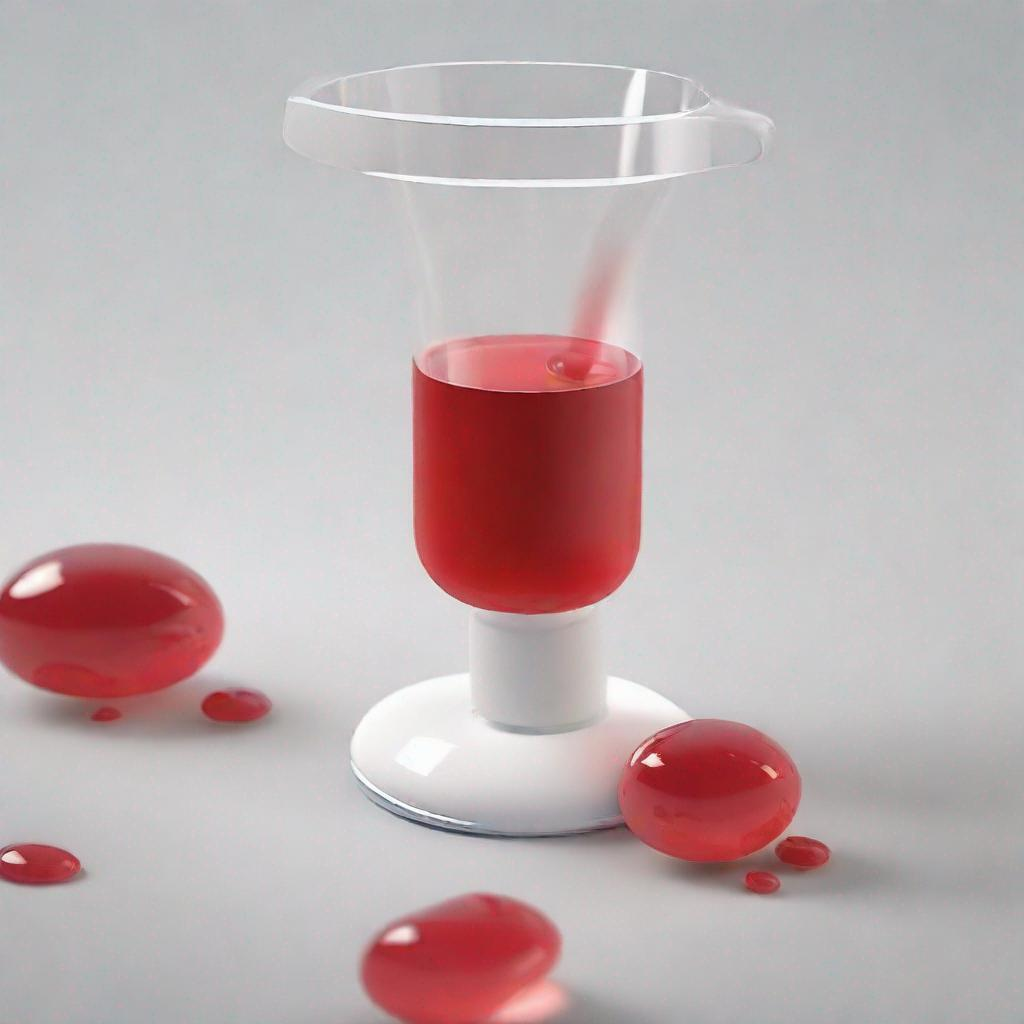## Erythrocyte Sedimentation Rate (ESR) Test: A Guide for Understanding
### Introduction
The erythrocyte sedimentation rate (ESR) test is a simple blood test that measures the rate at which red blood cells (erythrocytes) settle to the bottom of a test tube over a period of one hour. An elevated ESR may indicate inflammation or an underlying medical condition.
### Procedure
The ESR test is performed by:
* **Drawing a blood sample:** A healthcare professional will insert a needle into a vein, typically in your arm, to collect a blood sample.
* **Adding the blood sample to a test tube:** The blood sample is then placed in a test tube containing an anticoagulant to prevent clotting.
* **Measuring the sedimentation rate:** The test tube is left upright for one hour. During this time, the red blood cells will settle to the bottom of the tube. The distance that the red blood cells have settled is measured and reported as the ESR.
### Diagnosis
An elevated ESR can indicate various conditions and diseases, including:
* **Inflammation:** ESR is a non-specific indicator of inflammation throughout the body.
* **Infections:** Bacterial and viral infections can cause an elevated ESR.
* **Chronic diseases:** ESR can be elevated in chronic diseases such as arthritis, lupus, and Crohn’s disease.
* **Autoimmune disorders:** ESR can be elevated in autoimmune disorders such as rheumatoid arthritis and multiple sclerosis.
* **Cancer:** ESR can be elevated in certain types of cancer, such as leukemia and lymphoma.
* **Anemia:** A low ESR may be seen in certain types of anemia, such as iron deficiency anemia.
* **Other:** ESR can also be elevated during pregnancy and in conditions such as myocardial infarction and sepsis.
### Importance
The ESR test is important because it can help healthcare professionals:
* Diagnose and monitor inflammatory conditions and diseases.
* Determine the severity of an illness.
* Evaluate the effectiveness of treatment for certain conditions.
### Alternatives
Alternative tests or procedures that can provide similar information to the ESR test include:
* C-reactive protein (CRP) test
* Complete blood count (CBC)
* Blood culture
### Preparation
No special preparation is required for the ESR test.
### Duration
The ESR test typically takes about an hour to perform. Results are usually available within a few hours.
### Recommendations
Based on the results of the ESR test, your healthcare professional may recommend additional tests or procedures to:
* Confirm a diagnosis
* Determine the cause of an elevated or low ESR
* Monitor the effectiveness of treatment
**Additional Keywords and Phrases:**
* Erythrocyte Sedimentation Rate
* Inflammation Marker
* Blood Test
* Non-Specific
* Red Blood Cell Sedimentation Rate
* Sedimentation Rate
* Westergren Method
* C-Reactive Protein (CRP)
* Inflammatory Disease
* Iron Deficiency Anemia
* Leukemia
* Lymphoma
* Myocardial Infarction
* Polycythemia Vera
* Sepsis




